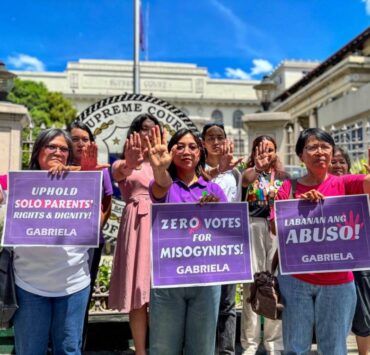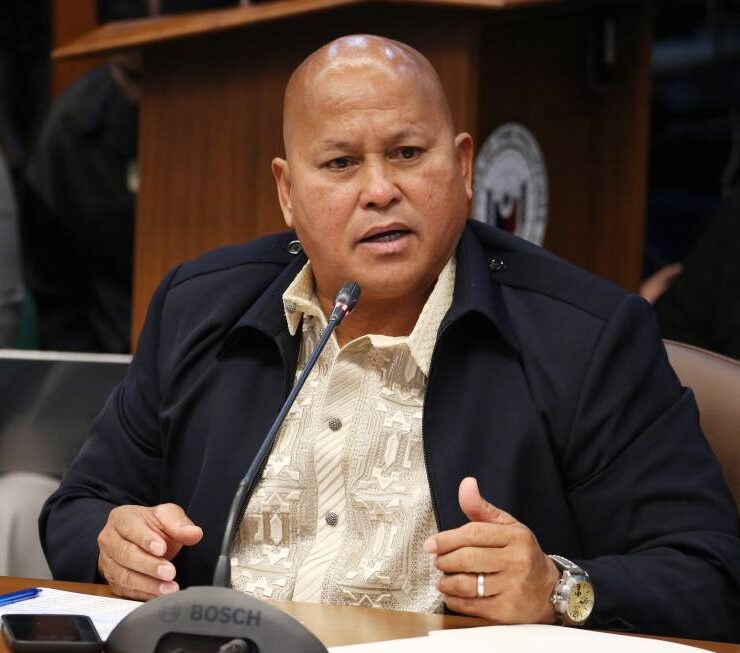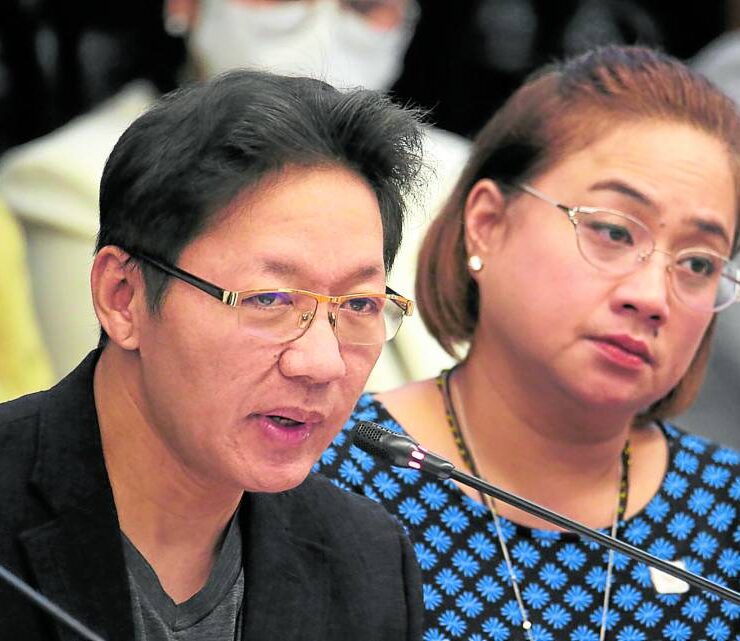Rallies vs corruption put AFP on red alert
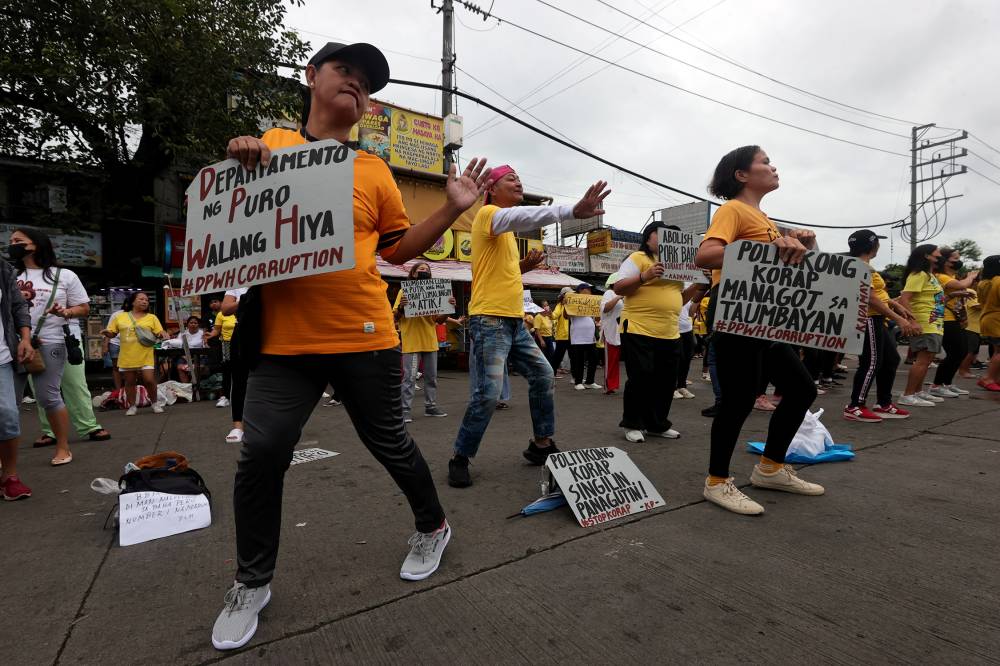
The Armed Forces of the Philippines has been placed on red alert since Friday, ahead of nationwide demonstrations being planned against alleged massive corruption in flood control projects which have implicated several lawmakers and public works officials.
AFP spokesperson Col. Francel Margareth Padilla said in a radio interview on Sunday that all units are on standby to support the Philippine National Police, which has the primary mandate to ensure peace and order during mass actions.
“The AFP respects the right of citizens to peaceably assemble and express their views,” Padilla told dzBB in Filipino, adding that all military units are on red alert status as part of standard security protocols and “simply to ensure [their] readiness and support” for the PNP.
Padilla said the red alert has been in effect since Sept. 12. The security status requires more personnel to be on standby in camps and suspends leave privileges, but she underscored this a “standard security protocol” and there is no cause for alarm.
However, she warned against attempts to infiltrate or hijack legitimate anticorruption protests.
“We will not allow any individual or group to use this situation to sow violence, division, or disorder,” Padilla said.
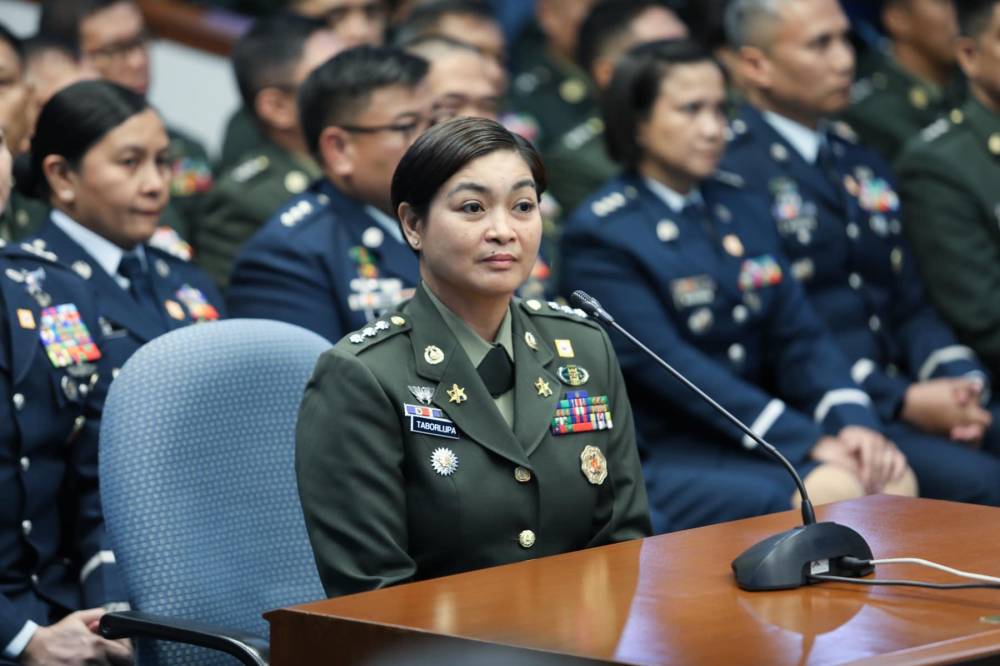
Padilla also stressed the AFP’s “unwavering loyalty” to the Filipino people and to the Constitution amid reported calls urging the military to withdraw its support for President Marcos.
“We reject these calls. The solution must be found in our democratic institutions and rule of law, not through extra-constitutional means,” she said.
Defense Secretary Gilberto Teodoro Jr. and AFP chief of staff Gen. Romeo Brawner Jr. issued a joint statement late Friday, amid the red-alert status in effect, expressing their rejection of “all attempts to patronize the [military] by certain groups that insinuate or suggest unconstitutional, unilateral interventions.”
They did not elaborate, but emphasized that the 160,000-member AFP remains nonpartisan, professional and “abides by the Constitution through the chain-of-command.”
“At this critical juncture [in] our national security[,] in the face of threats to our peace and regional stability, politically motivated attempts to distract the Armed Forces of the Philippines from focusing on its mission are not only futile but also irresponsible,” said Teodoro and Brawner, who backed the anticorruption investigation led by Mr. Marcos.
“The strength of our Republic rests on the rule of law and the unity of our people,” they said. “At this crucial time, we call on every Filipino to place their trust in our democratic institutions, to respect our processes.”
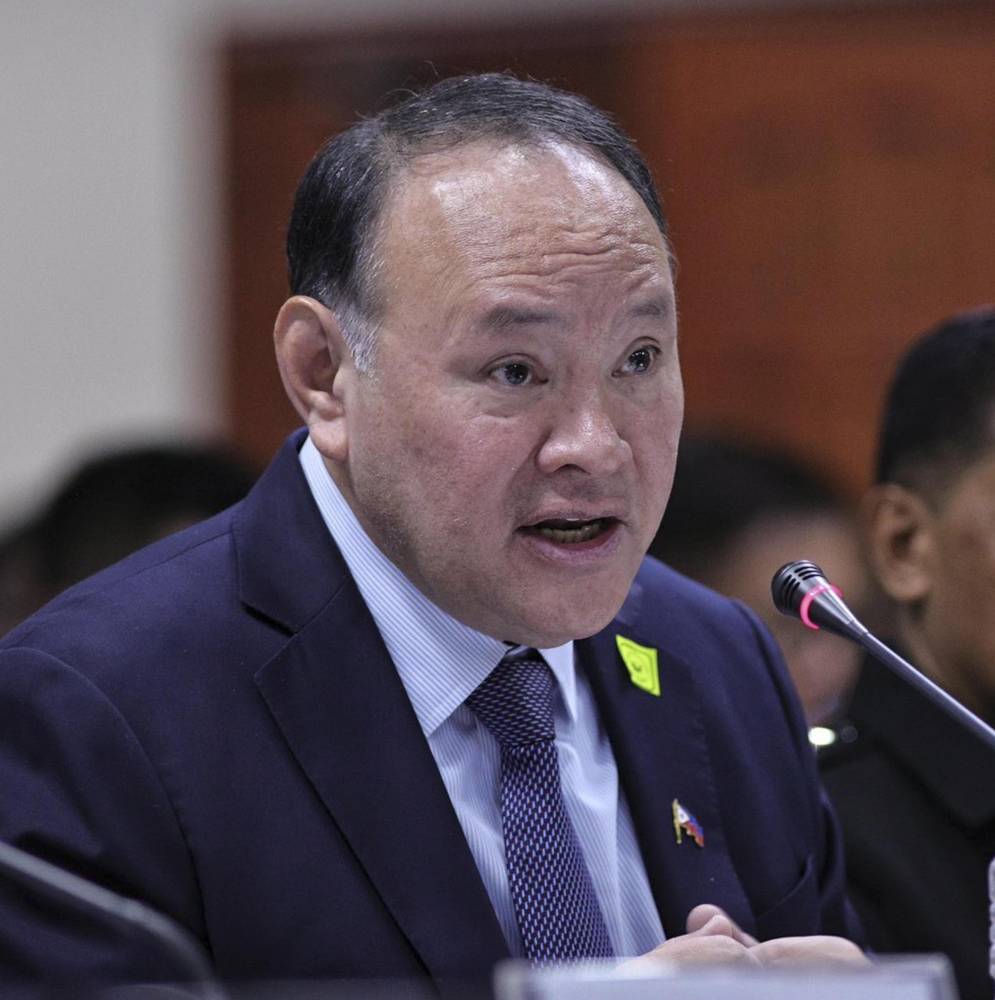
Web of corruption
The administration has mounted a sweeping investigation into alleged anomalies in flood control projects following Mr. Marcos’ directive in his State of the Nation Address on July 28.
The House of Representatives, the Senate and the Marcos administration have been investigating alleged substandard and nonexistent or “ghost” flood control projects in separate televised inquiries.
Dozens of legislators, senators, construction companies and public works engineers were identified and accused of pocketing huge kickbacks that financed lavish lifestyles including high-stakes casino gambling, expensive dining, luxury cars and other high-end brand purchases.
The corruption scandal has been especially sensitive to the public as tens of thousands of Filipinos suffer from deadly typhoons and floods that devastate entire towns and villages several times each year.
The Philippines has spent some P545 billion for thousands of flood-mitigation projects in the last three years.
The projects are under government review to determine which ones are substandard or nonexistent, as Mr. Marcos said he has found during recent inspections he led in some flood-prone provinces such as Bulacan.
The President has also formed an independent commission to investigate the massive anomalies he described as “horrible” and which prompted him to withhold fundings for flood control projects at least for next year. He has also accepted the resignation of Manuel Bonoan as public works secretary who has since been under scrutiny in a Senate investigation.
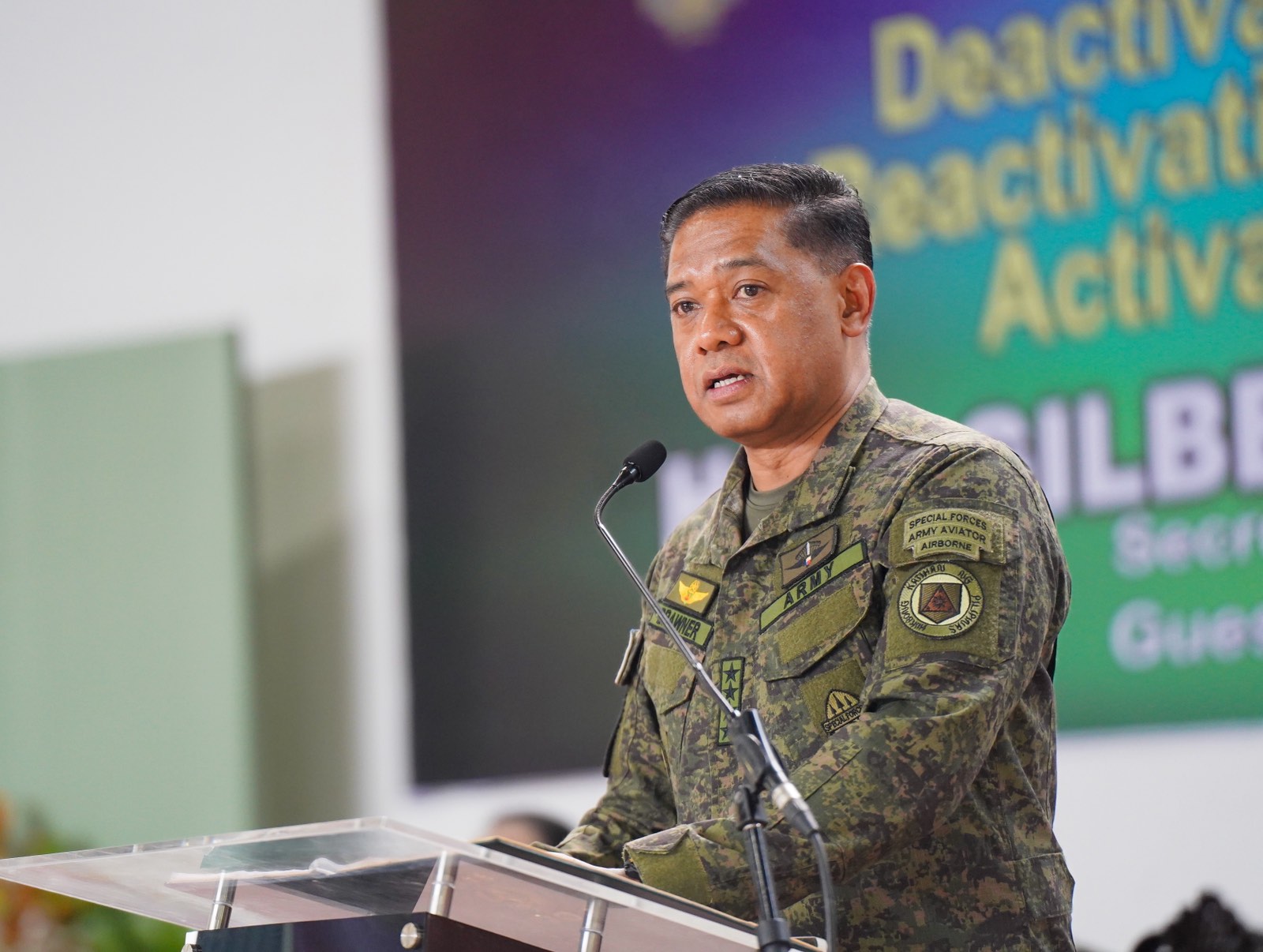
Military loyalty
At the start of September, rallies were held in different parts of the country, most of which decried the billions of pesos lost due to allegedly anomalous flood control projects.
More protests are scheduled in the coming weeks, including a massive rally in Rizal Park on Sept. 21, the anniversary of the martial-law declaration of the President’s father and namesake.
On Monday, the University of the Philippines (UP) in Cebu and the Polytechnic University of the Philippines will hold protests, and on Sept. 18, residents of San Fernando, Pampanga, are scheduled to hold a rally against corruption, while some groups are reportedly picketing the office of the Department of Public Works and Highways (DPWH) and the residence of the Discaya couple, the contractor at the center of the investigation that bagged billions of pesos worth of government deals.
A confidential government security assessment seen by The Associated Press (AP) said groups opposed politically to Marcos were joining the public outrage over the flood control corruption, but added that a major “people power” uprising was highly unlikely without support from key groups led by the military.
“Drastic movements in the military and other uniformed service are very unlikely due to strong loyalty and patriotism … to Constitution, the flag, and the president,” according to the intelligence assessment.
Unlike recent violent protests in Indonesia, Nepal and now some countries in Europe, street rallies against alleged abuses in the Philippines have been smaller and relatively peaceful.
Outrage is largely vented online, including by Catholic Church leaders, business executives and retired generals.
During a recent rally, a speaker called on the military to withdraw its loyalty from Mr. Marcos and called on Filipinos to stage a nonviolent “people power” revolt similar to army-backed uprisings that ousted the President’s late father in 1986 and Joseph Estrada in 2001. —WITH REPORTS FROM PNA AND AP














